Clubs Council 4.0

The Clubs Council works as an umbrella organisation, facilitating conversation between the administration and students. It is an independent student body committed to encouraging a diverse set of activities beyond the classroom to make the student life even more memorable.
Several changes were brought to the Clubs Council in the year 2020-21,
At IIIT Hyderabad, the student clubs are broadly divided into two categories – cultural and technical. “A total of 20 active student clubs at present – an all-time high”, Naren Akash R J, the Clubs Council secretary, proclaims. Thirteen clubs are cultural, while seven are technical. The technical clubs provide a platform for our community to learn and understand science and technology and encourage students to explore and contribute to different fields. On the other hand, the cultural clubs offer a plethora of literary, artistic, and sports activities. However, the boundaries are not a wall. Collaborations across multiple teams are immensely encouraged. The Clubs Council proposed the first-ever annual non-academic awards at our institute starting from this year. It was noticed by the Council that students’ contributions towards any other activity outside the classroom and research labs are often not recognized by the community at large during most of their stay on campus. To start with, the Council plans to felicitate students who have contributed significantly to enhancing student life. This proposal was well-appreciated by the Students Life Committee, and they are avidly working towards the plan’s final design.
In terms of the structure, the Clubs Council has a tech team for the first time! The Council boasts having two talented and enthusiastic tech leads – Vishva Saravanan and Dhruv Kapur – to be part of it. They are the sole reason for the web application, which is partially thrown open for clubs’ usage. Also, in the initial days, Yoogottam Khandelwal volunteered to mentor the tech team. The domain (clubs.iiit.ac.in), created by Ujwal Narayan’s efforts in 2019, is envisioned as the one-stop place for all student club websites at our institute. Now, each club also has its credentials to maintain its website. Last year, the Council planned to incorporate all the administrative pipeline of the clubs – events registration, finance approvals, room booking, certificates application, documents upload, and a lot more. The work was divided into multiple phases, and at present, they have completed Phase One of the project. Vishva was primarily involved in this project. The clubs are using this portal for event registration, document upload, and updates at present.

The Clubs Council planned to roll out an official institute mobile application to keep the students engaged and updated with their campus life activities; Dhruv Kapur is primarily involved in the project. A few institute websites have also decided to integrate for ease of use. To coordinate with all the concerned administrative bodies such as the SLC, SAC, the Registrar’s office, IT Cell, and the Institute Affairs Committee and getting the necessary permissions is an uphill task, especially in the online semester. The Council is still trying to make it happen – it might take a longer time than expected. They are planning to have one standard social media page for all our student clubs related information and student life at large. Tejasvi and Mayank are in contact with a few others who are willing to bring this into action. The Council is considering the initiative’s sustainability and is looking for approval from the SLC.
The process of creating new clubs has been made more systematic. Under the new framework, the Council follows a strict workflow for establishing new clubs. Once they receive a request, a meeting is scheduled with the founding team members to get requisite information about their plans and explain the Council’s workings and expectations. They are then to submit a report in a prescribed format to the SLC through the Clubs Council for a review. Once approved, the newly formed club is considered a Special Interest Group for the initial days. When they are ready to be independent and fully functional, they become an affiliated club and acquire access to all the institute resources and facilities provided to the student clubs – finance, IT services, and logistics. “It is believed that the current stage-wise workflow is much more efficient than how we worked before,” Naren quips.
The Council found that the student life activities on campus were not appropriately documented. Students, club coordinators, and the administration also found it challenging to gather information about the structure and the functioning of various student-led organizations. To make everything transparent, the Council started the ‘Clubs Archival Project.’ It’s led by Mayank Goel and Tejasvi Chebrolu – two very energetic and enthusiastic Under Secretaries. The Council has centralized documents with information about all the clubs, social media pages, events, and organizing team details. Every event the clubs organize is documented through reports; clubs are asked to store all their resources event-wise on their club’s OneDrive and have also been provided a separate server storage space for storing and hosting their websites.
Most importantly, the Council is currently drafting the guidelines document that includes all the information a club needs to know for their functioning at IIIT-H. Once this project completes, the Clubs Council is expected to be the first student administrative organization with every workflow documented properly. The SLC appreciated their initiative, and once approved by them, they hope it to be up on the intranet.
The SLC has instructed the Council to follow a different workflow this year since it’s online. The process of asking for reimbursement has been updated. Clubs have to send an email to the SLC about their event and the budget estimate well in advance, and it gets reviewed. Once approved, the clubs can utilize the money and send the bills and receipts back to the SLC. SLO initiates the reimbursement process through the Finance Office and is usually completed in a week. The Clubs Council is always kept in the loop of the entire process. In a typical year, the clubs prepare their budget for the whole of the year, and they get it approved at the start of the year.
In this year, Amateur Sports Enthusiasts Club (ASEC), Developer Student Club (DSC), The Language Club (TLC), and Decore – The Design Club were newly established. The Council is collaborating with all other student administrative bodies – Apex Council, Cultural Council, Students’ Parliament, Felicity Team, etc., much more than ever before.
The Council strongly encourages clubs’ participation in competitions outside campus and collaborations within IIIT-H – from modest beginnings with almost none in the recent past, the numbers have significantly increased this year. The Council has started a trial-run of an initiative called IIIT Talks! in December; Mayank Goel was primarily involved in the event. The clubs were urged to coordinate among themselves and conduct at least one informative session a week. Currently, the Council is looking into how this initiative can be done better in the coming days. For the first time, the Clubs Council was involved in the planning and executing induction activities for the undergraduate freshers (twice this time!).
One of the very crucial changes (“and my favorite!”- Naren Akash exclaims) is the new hiring policy in April 2020 – to make the clubs more inclusive, flexible, transparent, and sustainable. According to the new hiring policy, all clubs have to send out forms and provide equal opportunity for all students to apply for the positions – which was not the case before. The Council has asked the clubs to have a better structure, including having sub-teams inside their club, defining roles for each of the members properly, and documenting them. The clubs are allowed to increase their organizing team size to an unimaginable scale ( on average, it was two-three in the past). The Council encourages having a diverse set of coordinators – from across different batches to improve clubs’ sustainability and transfer of knowledge. It has asked every club to have at least one person from the postgraduate community to be more inclusive, and many clubs have done that.
The Council strongly believes that all the efforts put in changing how student life organizations work on campus reflect the student’s standards and campus life at large. “We are learning, trying our best, and improving a lot, and hope we continue to do so” – Naren concluded.

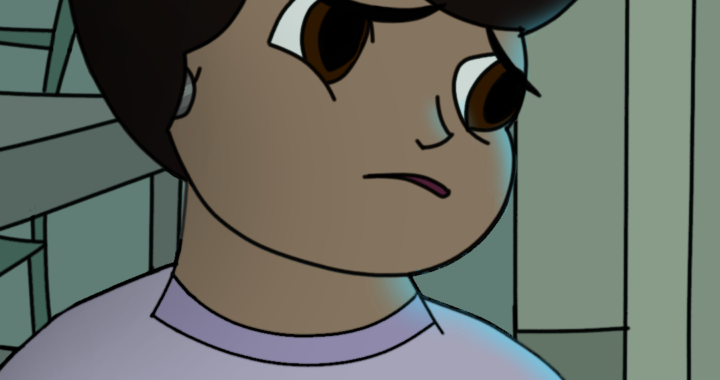 Qu’ils mangent de la grenouille! (Let Them Eat Frogs!)
Qu’ils mangent de la grenouille! (Let Them Eat Frogs!) 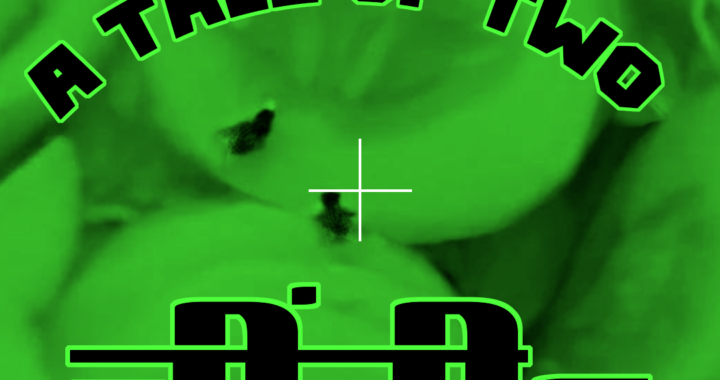 Tale of Two Cheenties
Tale of Two Cheenties 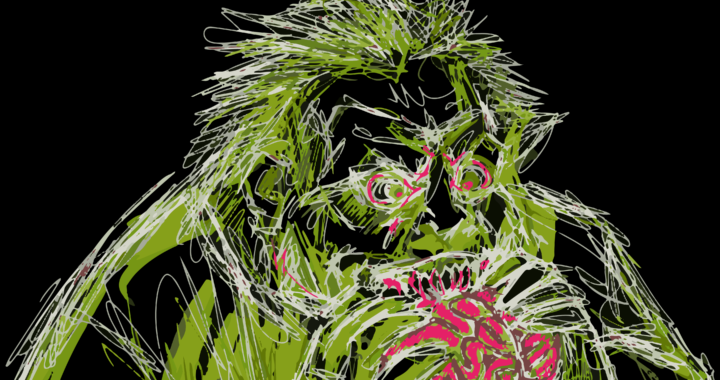 Peace of mind.
Peace of mind. 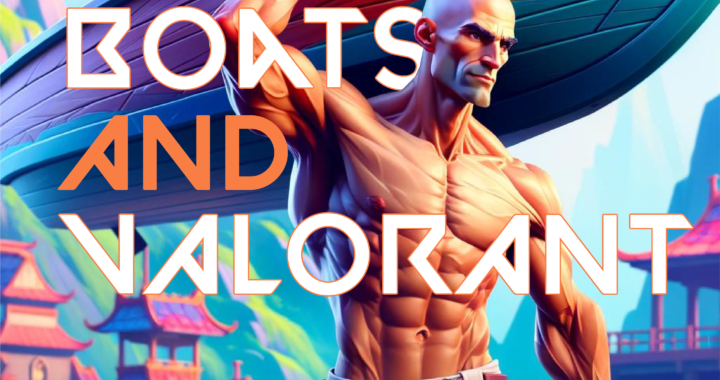 Boats and Valorant
Boats and Valorant 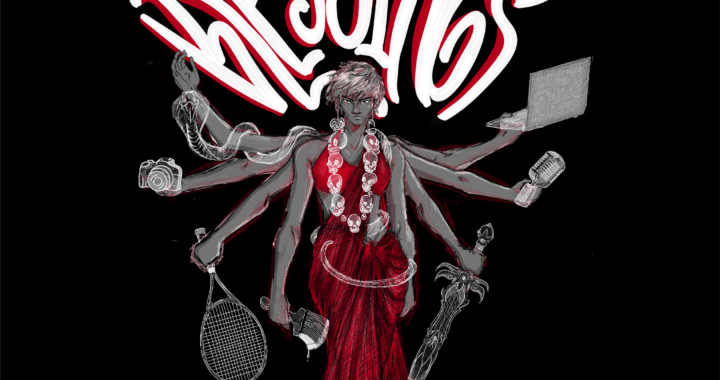 Blessings
Blessings  Shivering in the sunlight
Shivering in the sunlight 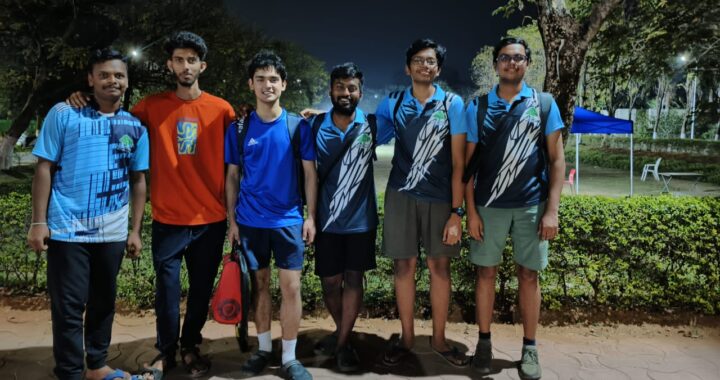 A perspective on sports in IIIT
A perspective on sports in IIIT 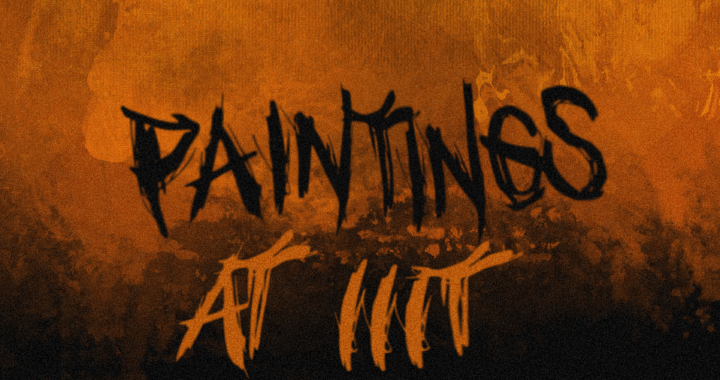 Paintings of IIIT
Paintings of IIIT 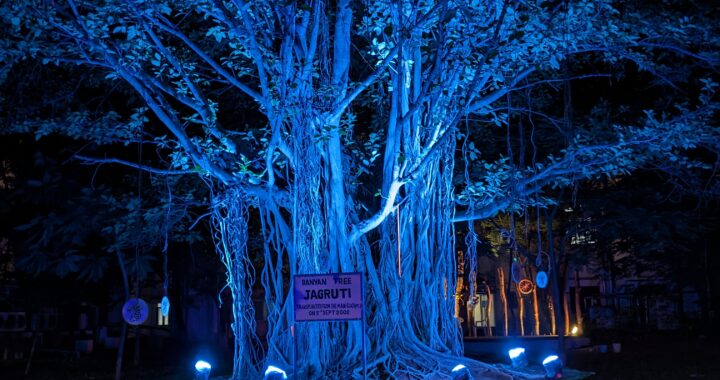 The Tale of Jagruti
The Tale of Jagruti  Cleaning up the Mess?
Cleaning up the Mess?
1 thought on “Clubs Council 4.0”
Comments are closed.